EU approves Google's acquisition of Motorola, will monitor for patent abuse
According to a report by Reuters, the EU executive's review of Google's plans determined that the acquisition "would not significantly change the market for operating systems and patents for these devices."
EU Competition Commissioner Joaquin Almunia said in a statement that "this transaction does not itself raise competition issues," but added, "this merger decision should not and will not mean that we are not concerned by the possibility that, once Google is the owner of this portfolio, Google can abuse these patents, linking some patents with its Android devices. This is our worry."
Almunia also warned, "we might be obliged to open some cases in the future. This is not enough to block the merger but we will be vigilant."
Google's acquisition is still undergoing regulatory approval by the US Justice Department and regulatory bodies in China, Taiwan and Israel. The US is expected to approve the purchase this week, and China is reportedly approaching a deadline next month where it will either approve the deal or expand its review into a third phase, Reuters said.
Patent abuse
The EC noted Google's pledge to continue to license Motorola's standards essential patents (required to implement open specifications such as WiFi, GSM and UMTS) under "fair reasonable and nondiscriminatory" FRAND terms, but noted that "the promise was not a decisive element in its decision."
Last year, Google's top attorneys complained in blog posts that legal challenges brought against Android and its licensees by Apple, Oracle and Microsoft were "attacks" using "bogus patents" as "a weapon" to stop innovation.
Google has also complained about FRAND patent royalties connected to the use of MPEG's H.264 video compression standard, largely due to the fact that as the operator of YouTube, it is one of the web's largest users of Internet video.
Motorola, however, has initiated a multifaceted strategy that seeks to monetize its standards essential patents, claiming 2.25 percent royalties on Apple devices using a specific patent related to 3G, and all of Microsoft's products making use of patent related to H.264 video compression.
Apple has sued Motorola, claiming that its 3G patent in question is already licensed by Qualcomm, which makes the chips Apple uses, and that Qualcomm's license also covers its use in iPhones and iPads. Microsoft also already pays MPEG LA royalties for H.264.
Motorola argues that any standard that has incorporated a patent owned by the company gives it unilateral bargaining value, the very issue Apple began complaining about when it called out Samsung and Motorola for their efforts to effectively monopolize the standards process leveraging patents the companies had already committed to FRAND licensing
Defending infringement
Google has stated that its purchase of Motorola Mobility was initiated to use the company's patents to "defend Android," but Motorola itself has been unable to defend its own use of Android, resorting instead to broad FRAND claims and threats of sales injunctions that, before they were suspended by the courts, forced Apple to temporarily remove products from the shelf in Germany.
Motorola has posted a series of operating losses in the mobile phone business, despite still being free to sell its products. Apple is currently suing Motorola over infringement of a series of operating system and user interface patents, while Motorola's defense in that case has centered on three standards essential patents.
Unlike Apple's design or technology patents, such "standards essential" patents don't necessarily have to be innovative or novel, and they can't be worked around by competitors because they are tied to required elements of a technology portfolio. For this reason, standards bodies generally require their patent holders to agree to FRAND licensing terms.
If every stakeholder in the H.264 or 3G/UMTS patent pool demanded 2.24 percent royalty fees instead of agreeing to FRAND terms, the total cost of those fees would be many times greater than the retail price of those products.
 Daniel Eran Dilger
Daniel Eran Dilger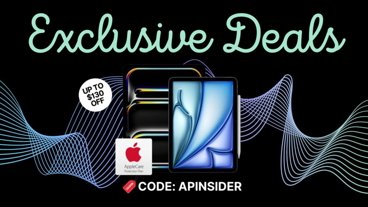

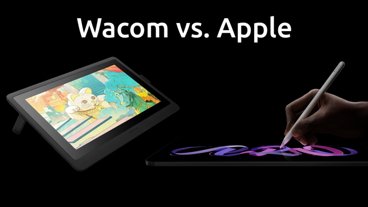








 Malcolm Owen
Malcolm Owen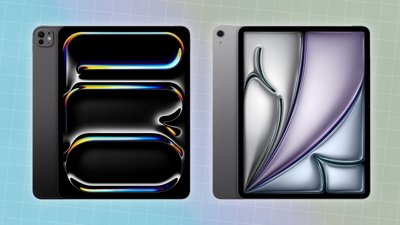
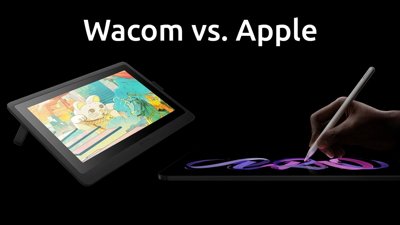
 Amber Neely
Amber Neely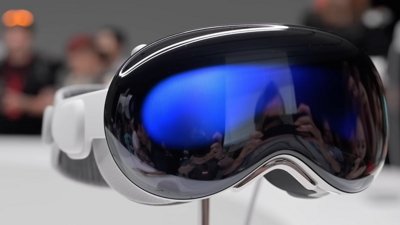
 Marko Zivkovic
Marko Zivkovic
 David Schloss
David Schloss
 Wesley Hilliard
Wesley Hilliard
 Mike Wuerthele and Malcolm Owen
Mike Wuerthele and Malcolm Owen









17 Comments
Moto Mobi will be an anchor around Google's neck !! Mark my words.
I am trying to figure out how singling out Apple and demanding a 2.25% royalty from them and nobody else is fair, reasonable and non-discriminatory.
I hope the Europeans reach out and slap down Google (and Samsung) on this. You can't seek for your patents to be adopted as standard and than use that to bludgeon your competitors. Even as a response to their patent suits. Find some non-FRAND patents to retaliate with, the public good is being violated when FRAND patents are used for strategic litigation.
I am trying to figure out how singling out Apple and demanding a 2.25% royalty from them and nobody else is fair, reasonable and non-discriminatory.
Well, it's not.
Let the fun begin! OT: How many months remain now on the PageRank patent?
Sounds like the european council just approved one extortionist to buy another extortionist.
Googles "letter" is baloney. It basically says that google will continue motorolas extortion of 2.25% for frand patents to anyone they don't like. What a crock. That 2.25% is on all xbox completed unit sales and all iphone complete unit sales which is ludicrous.
Instead of FRAND, Moto is using their own version: UUAD.
That's Unfair, Unreasonable, and Discriminatory.